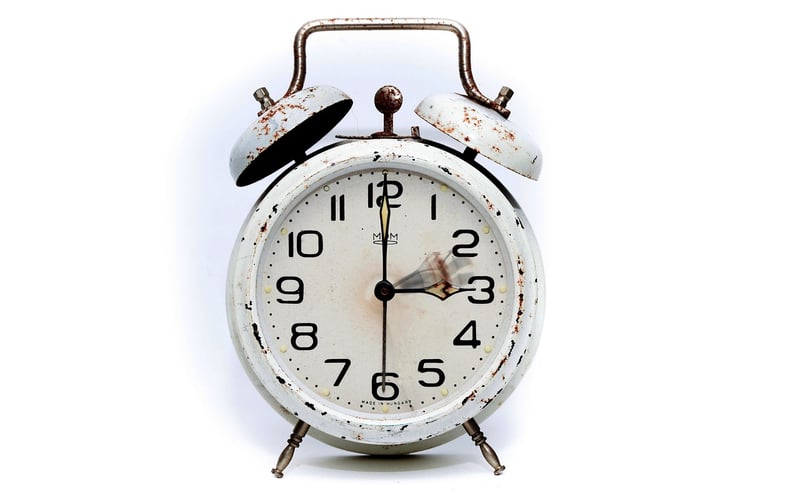Changing the Past Consequences
The Moral Implications of Time Travel and Changing the Past
Time travel has captivated the human imagination for decades, with numerous books, movies, and TV shows exploring the possibilities and consequences of altering the past. While the concept of time travel is often seen as thrilling and adventurous, it also raises profound moral questions and ethical dilemmas that are worth pondering.
1. Altering Historical Events
One of the most significant moral implications of time travel is the ability to alter historical events. While the idea of preventing tragedies or changing the course of history for the better may seem noble, it raises questions about the potential butterfly effects and unintended consequences of such actions. Would altering one event lead to a chain reaction of unpredictable outcomes?
2. Violating the Principle of Non-Interference
Many ethical frameworks emphasize the principle of non-interference in the affairs of other timelines or societies. By changing the past, time travelers may be violating this principle and imposing their will on others without their consent. This raises concerns about the ethics of playing "god" with the past.
3. Paradoxes and Causality Loops
Time travel often involves complex paradoxes and causality loops, where the very act of traveling back in time could create a loop with no clear beginning or end. This challenges our understanding of cause and effect, leading to philosophical debates about free will, determinism, and the nature of reality.
4. Personal Responsibility and Accountability
If individuals have the power to change the past, what implications does this have for personal responsibility and accountability? Should they be held responsible for the unintended consequences of their actions, even if they were well-intentioned? These questions highlight the moral complexities of time travel.
5. Ethical Guidelines for Time Travel
Given the potential moral pitfalls of time travel, some theorists propose the development of ethical guidelines or regulations for time travelers. These guidelines could help prevent misuse of time travel technology and mitigate its negative consequences on the fabric of reality.
Conclusion
While the idea of time travel is fascinating, it comes with a host of moral implications that cannot be ignored. By exploring the ethical dilemmas associated with changing the past, we can better understand the complex interplay between actions, consequences, and the very fabric of time itself.
Remember, the next time you daydream about altering history, consider the profound moral implications that come with such power.

For more information on time travel ethics, you can visit Stanford Encyclopedia of Philosophy - Time Travel.
